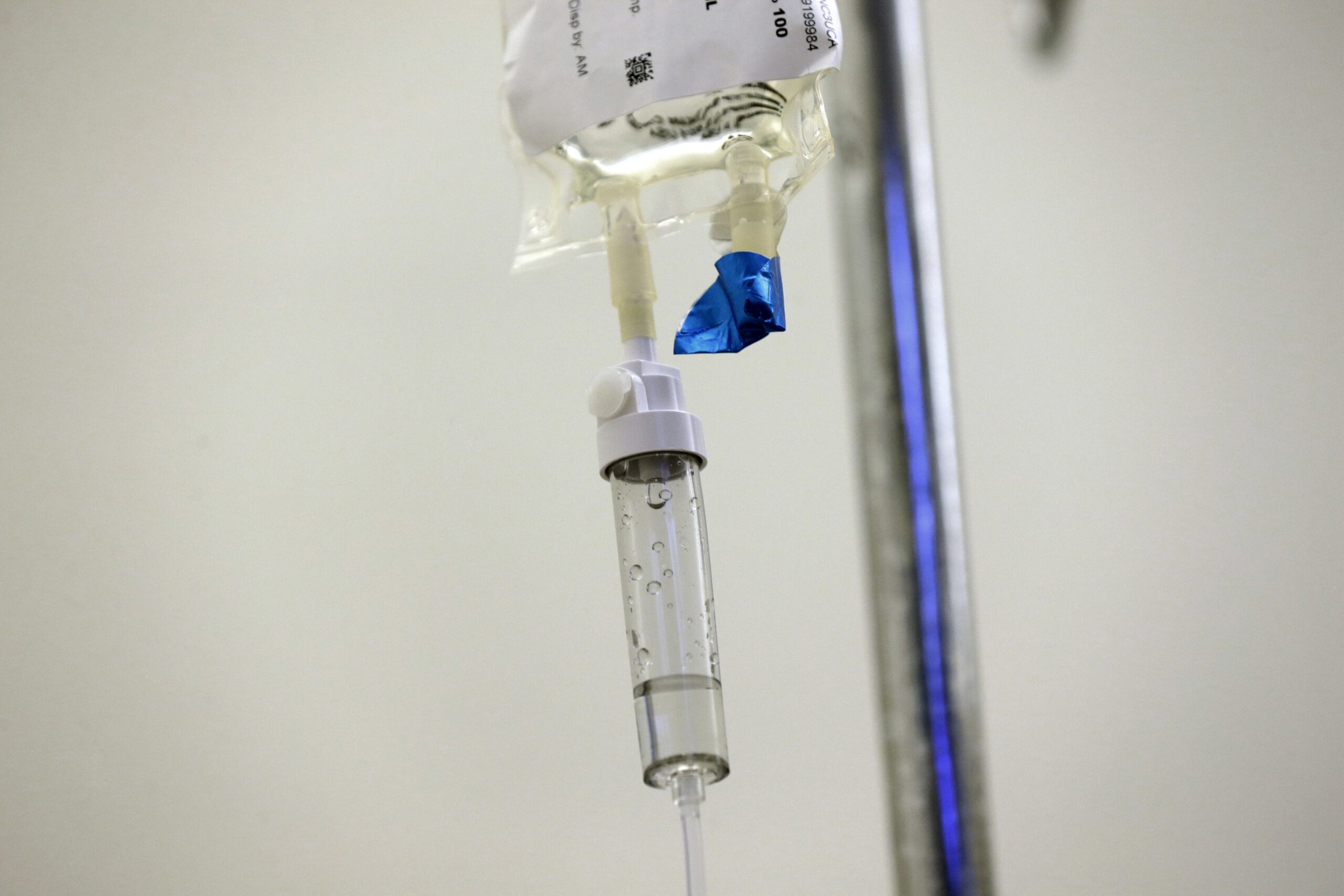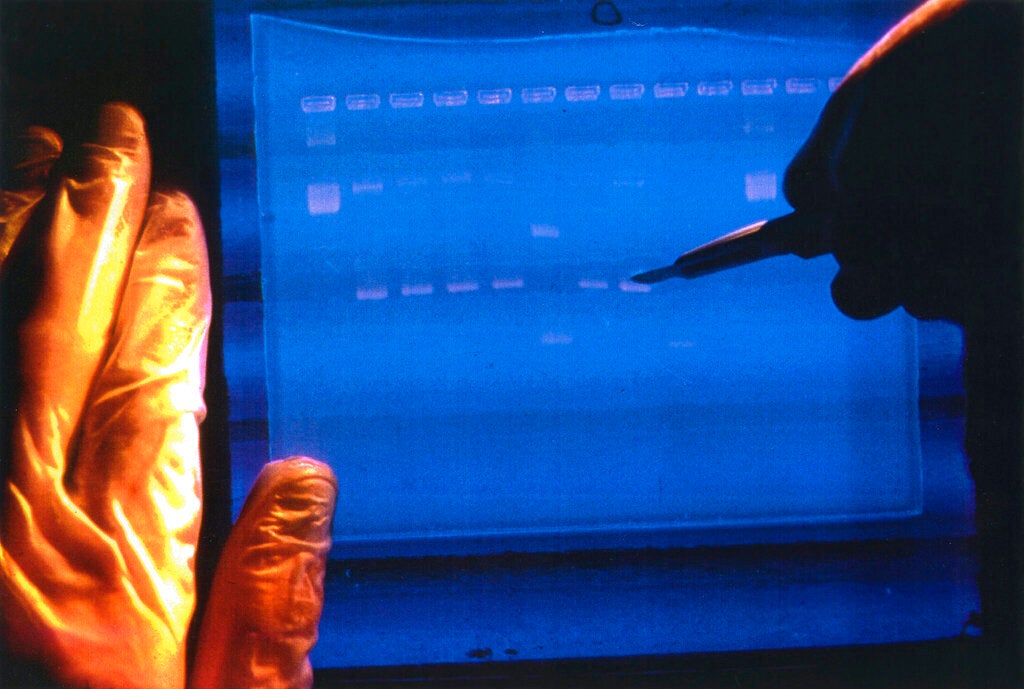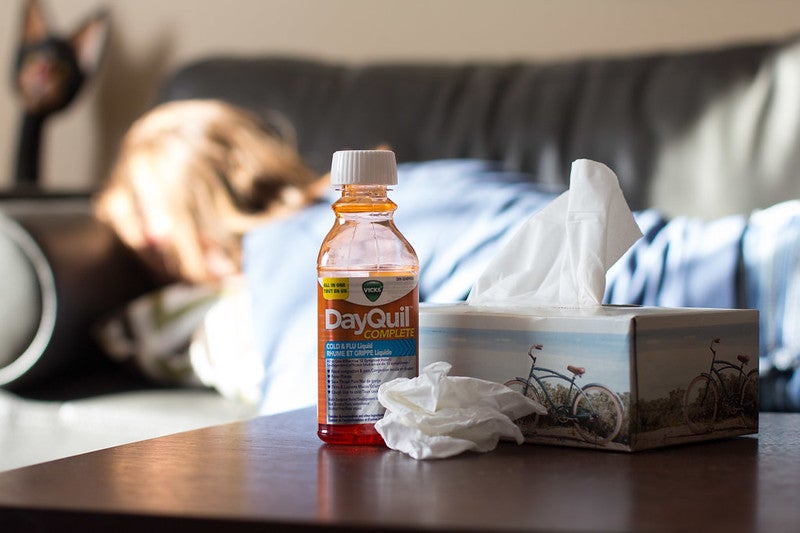When a patient of Dr. Najust Duma shared that side effects of her lung cancer treatments were causing problems for her sex life, the oncologist looked for research that would provide answers. To her surprise, there weren’t any.
“I found no good data about sexual dysfunction and a woman with lung cancer,” Duma said on WPR’s “The Larry Meiller Show.” “Most of the data was from the 1980s and 1990s. 1999 was the most recent study. In medicine we barely use any data that’s 22 years old, so that motivated me to do the SHAWL study.”
The Sexual Health Assessment in Women with Lung Cancer — or SHAWL study — is the largest of its kind and attempts to quantify the problem of sexual dysfunction for female lung cancer patients.
Stay informed on the latest news
Sign up for WPR’s email newsletter.
Lifesaving cancer treatments can come with a variety of side effects, but until now, sexual health wasn’t considered one of them.
“Most oncologists are not trained to talk about sexual dysfunction. Most oncologists do not ask about sexual dysfunction. I was one of them,” said Duma.
Due to advances in treatment, lung cancer patients are living longer lives. Some patients battle lung cancer by taking a pill each day, and the relationship between the pills and their side effects is unclear — that’s part of what the study is trying to determine.
Maintaining a healthy sex life while undergoing cancer treatment may not seem essential to some, but Duma makes the case for its relevance and says it’s much more than intercourse.
“Sexual activity is not only intercourse. It includes kissing, hugging, cuddling and doing other activities with your partner that provide that affection, the emotional connection that is very needed during hard times, like getting cancer treatment,” Duma said.
Jill Feldman was diagnosed with lung cancer at age 39. She said her partner initially perceived her as fragile. That, on top of the side effects she experienced, complicated their sex life.
“Side effects were really, truly affecting my everyday quality of life. Everything from rash to mouth sores to skin issues, stomach issues. When you feel that way and when you have this rash that makes you look a certain way, you certainly don’t feel attractive,” Feldman said.
Feldman co-founded the patient advocacy group EGFR Resistors to address what she calls the unmet needs in the lung cancer patient community. She helped Duma put together a questionnaire for the SHAWL study to ensure the patient’s perspective was incorporated.
“One thing that we could provide that no researcher or most researchers can’t is the lived experience. So by getting involved and providing our input, that will make sure that the research question is important and meaningful to patients, and it will actually make research more relevant,” Feldman said.
Both Feldman and Duma agree the stigma around women’s sexuality is part of the reason for the dearth of research.
Duma hopes the SHAWL study will achieve three objectives: bring awareness to the issue of sexual dysfunction as a side effect of lung cancer treatment; empower patients to share sexual health issues with their oncologists; and use the results of the study for a clinical trial testing interventions.
As for oncologists who may think sexual health is out of their wheelhouse, Feldman offers this advice, “If you’re an oncologist who’s not comfortable discussing it, OK, that’s fine. You know your limits. But then who on your team is comfortable?”
The UW Health Women’s Integrative Sexual Health program offers resources and support for female cancer patients with sexual health concerns.
Female lung cancer patients from around the world can participate in the SHAWL study and share their experience with treatment at the lung cancer registry online.
Feldman is hopeful the study results will enable researchers to find solutions to the sexual health complications women face saying, “We don’t just want to survive. We want to live.”
Wisconsin Public Radio, © Copyright 2025, Board of Regents of the University of Wisconsin System and Wisconsin Educational Communications Board.



